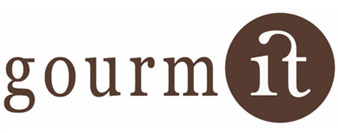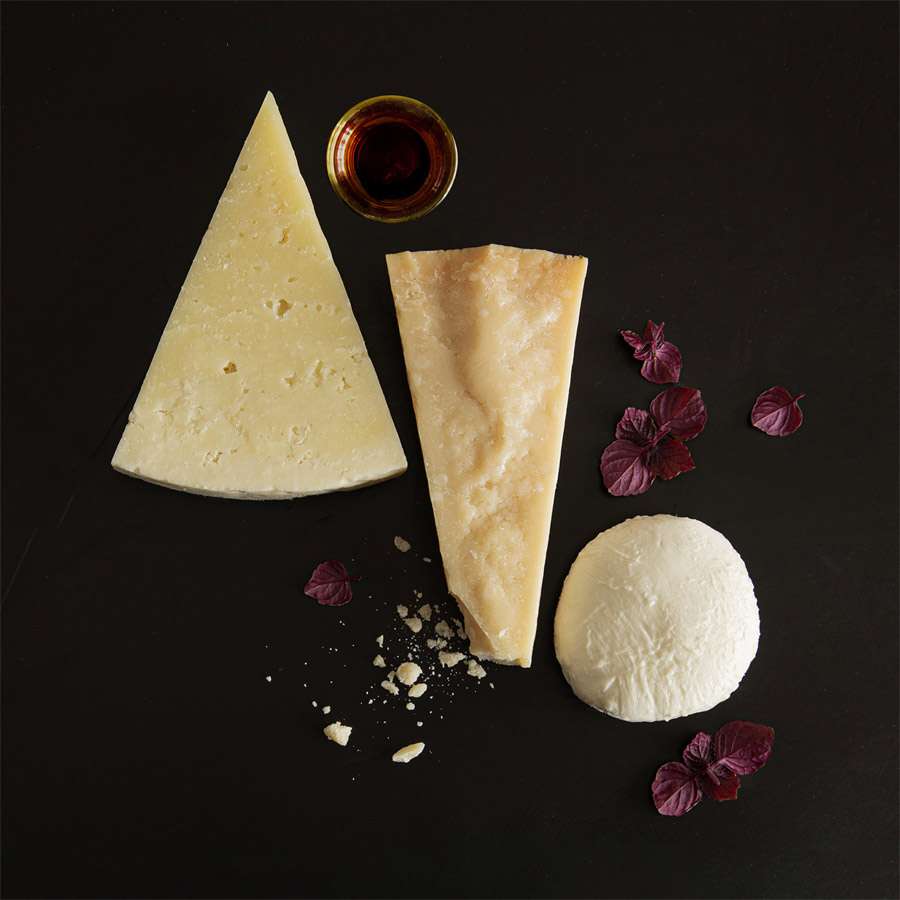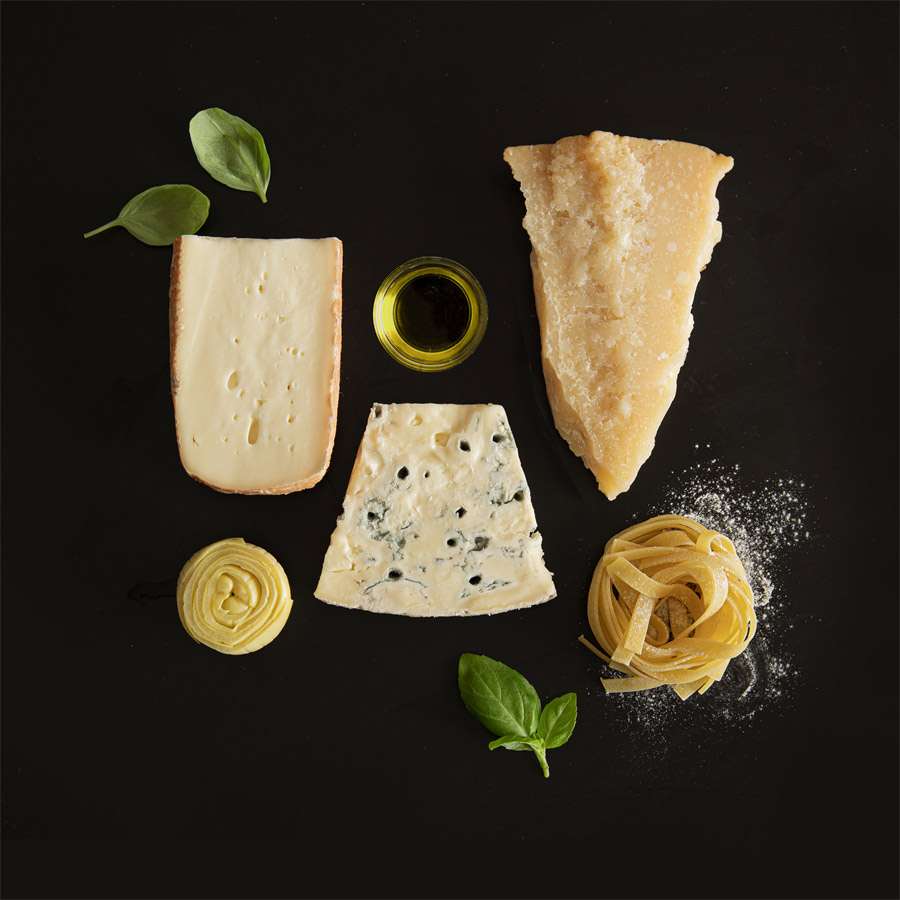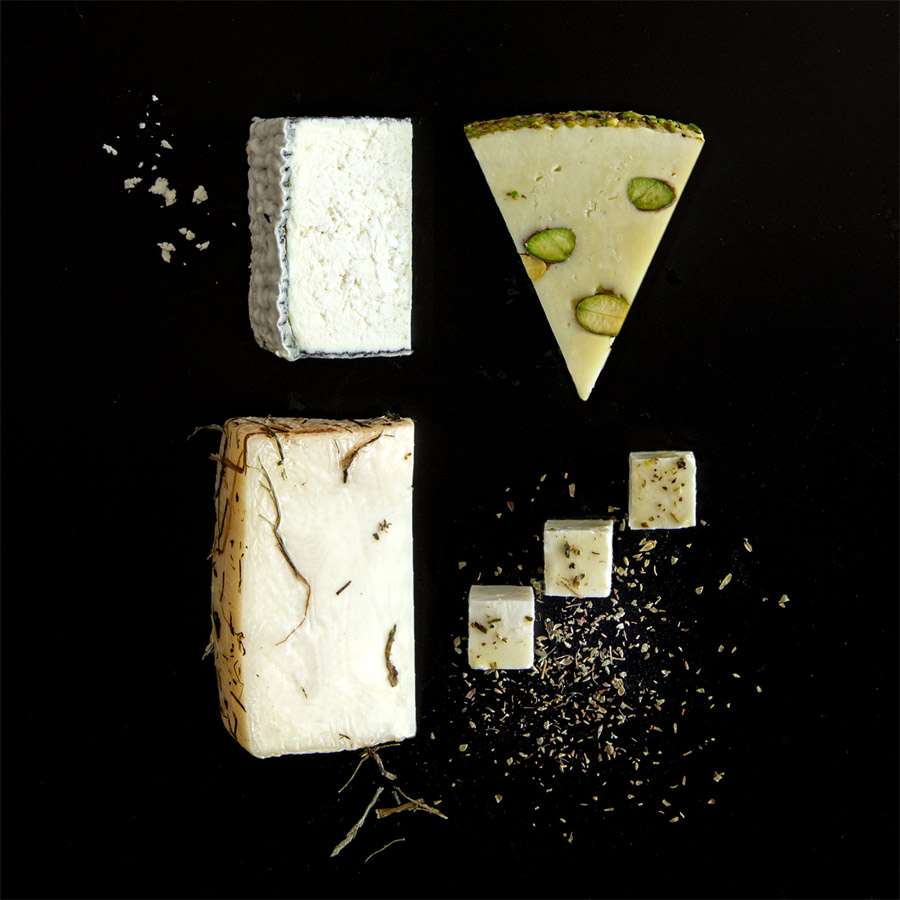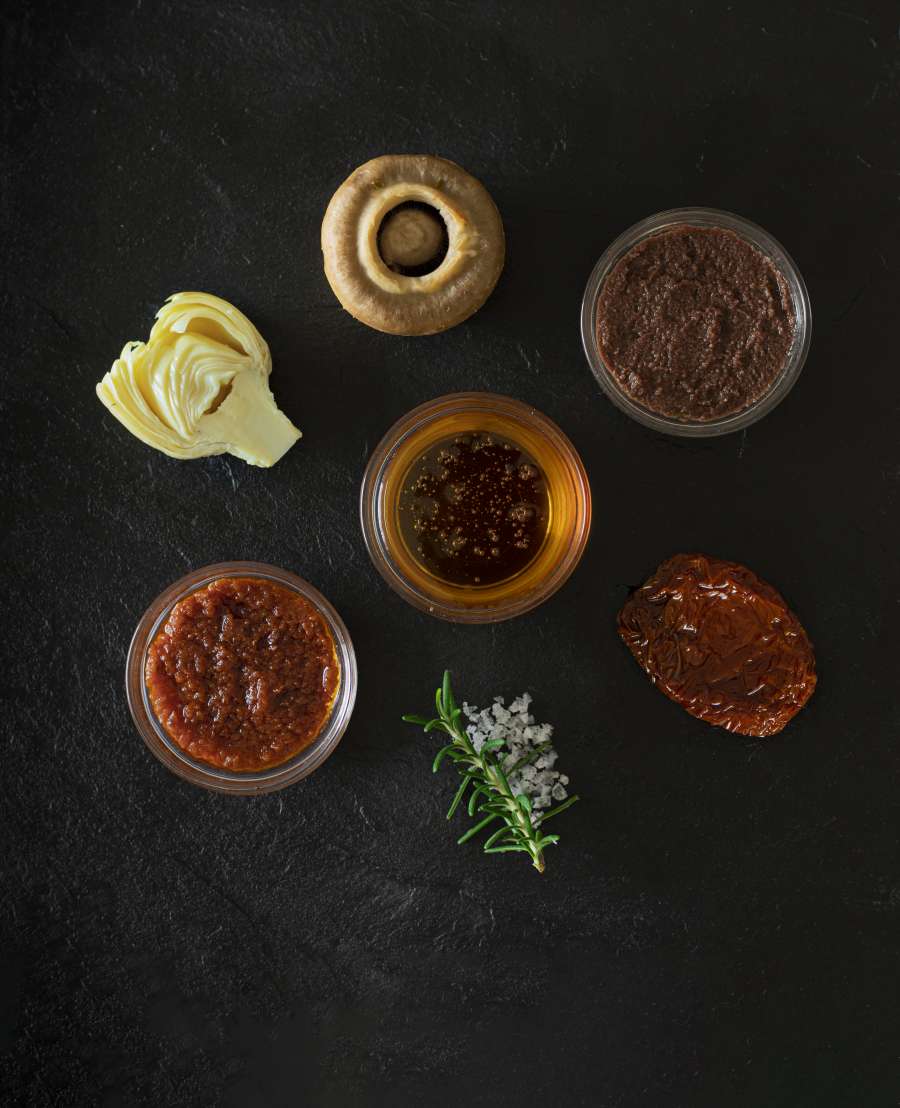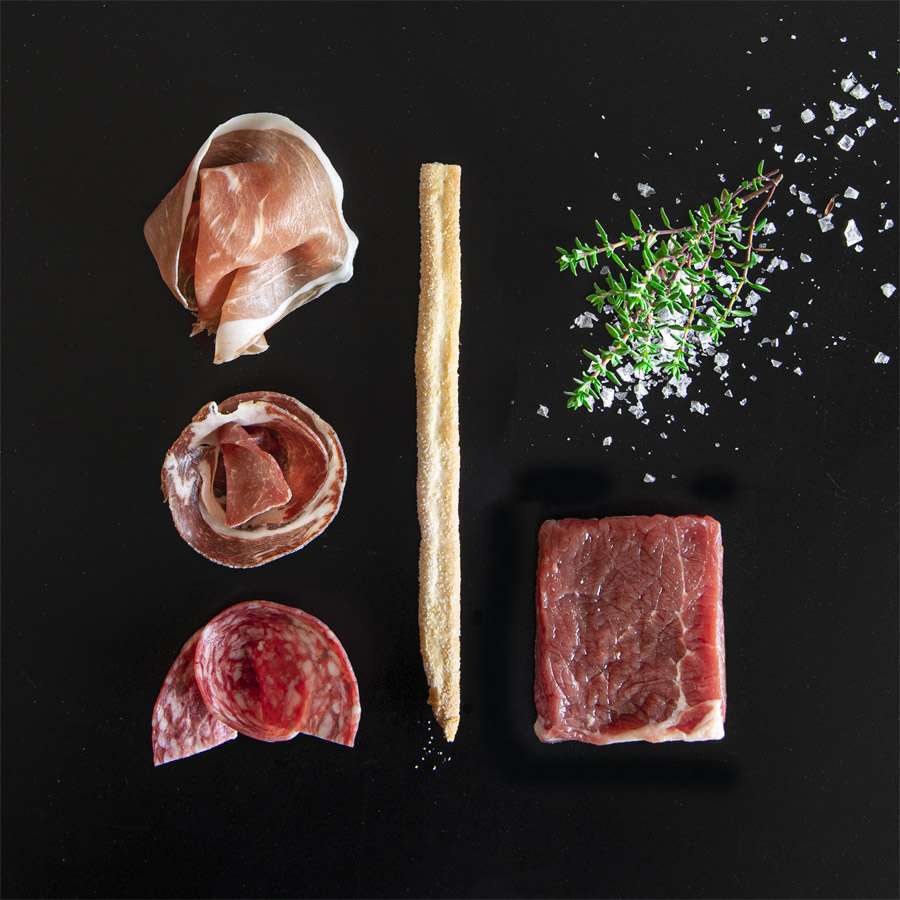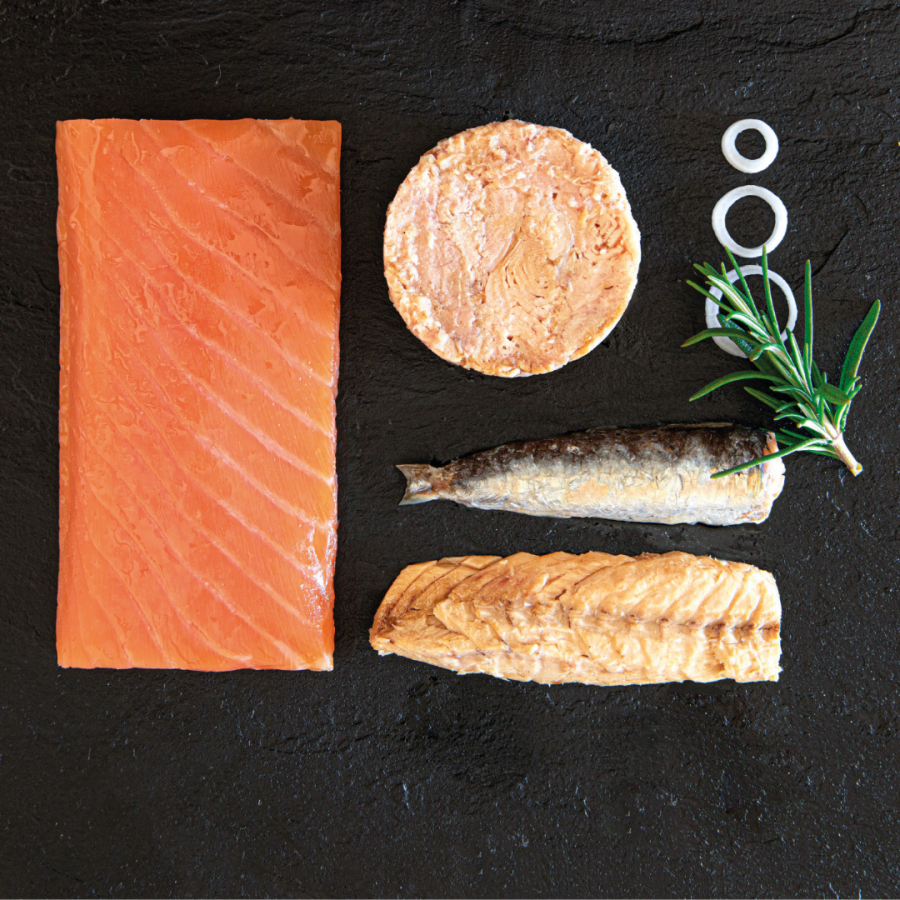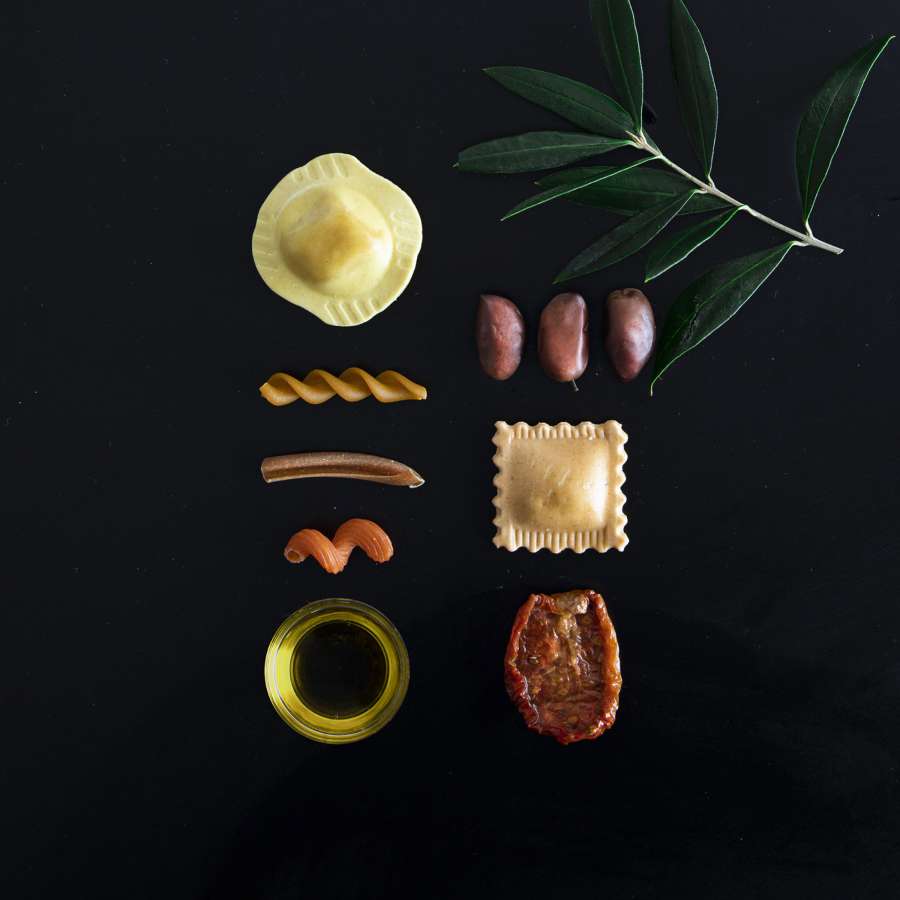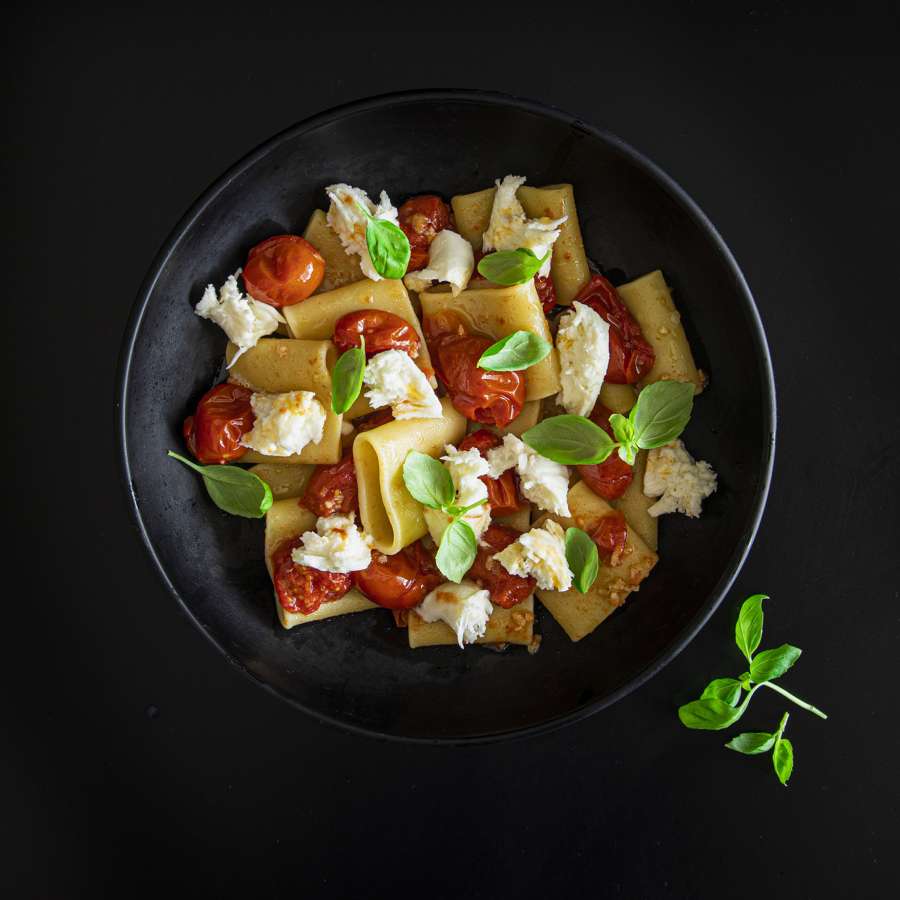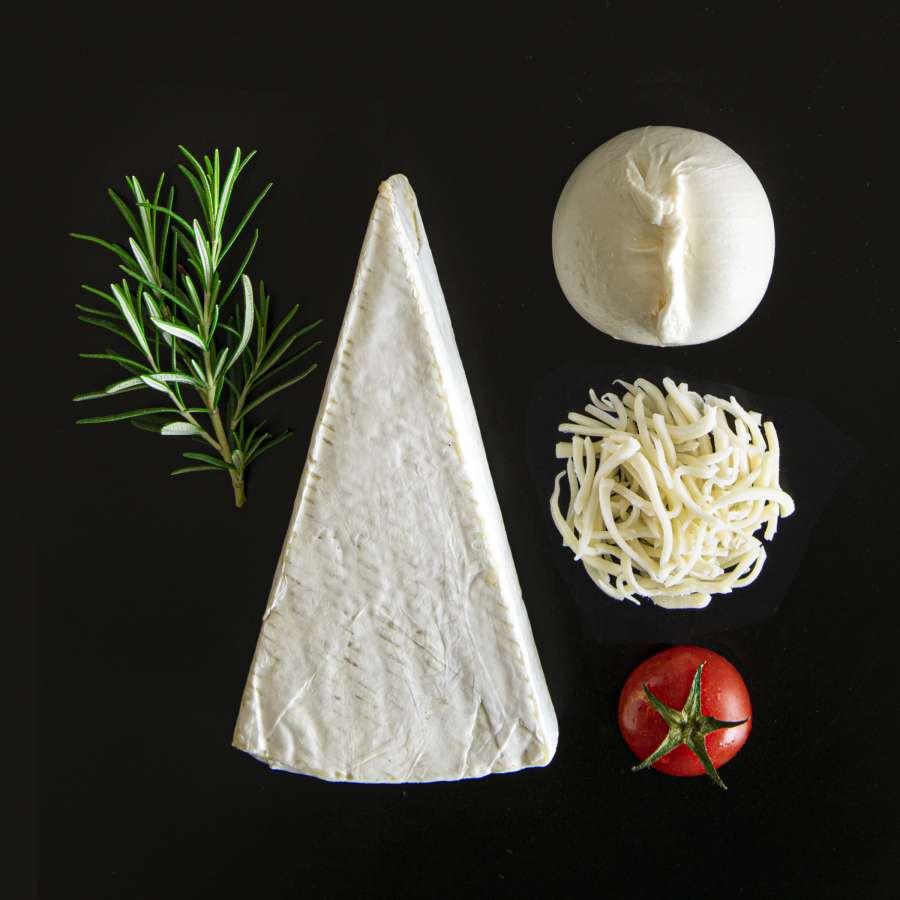Animal Welfare on Pasture: The Case of Centroform and the Value of Sicilian Shepherding
Animal welfare is becoming increasingly central to how we think about food. Beyond certifications and labels, it’s about ensuring that animals live in healthy, natural environments where they can move freely, eat well, and thrive. In Sicily, this philosophy is deeply rooted in tradition—and companies like Centroform show how ancient practices can lead to ethical, high-quality products.
Pasture as a Way of Life
In the hills around Aidone (Enna), Centroform raises sheep using extensive, free-range methods, deeply connected to the rhythms of nature. Animals graze on wild herbs and spontaneous vegetation in the Erei Mountains, an unspoiled rural area far from industrial pollution. This type of farming allows the animals to express natural behaviors—grazing, walking, socializing—which are now recognized as essential to their physical and emotional wellbeing.
The result is healthier, less stressed animals, which naturally produce better quality milk—richer, more balanced, and with a unique aromatic profile influenced by the diverse local flora.
Transhumance: An Ancient, Sustainable Practice
One of the most distinctive aspects of Centroform's approach is the continuation of transhumance—the seasonal migration of flocks between lowland winter pastures and higher summer grazing grounds. This practice has been passed down through generations and represents a powerful blend of ecological balance, cultural identity, and animal welfare.
Transhumance allows herds to always access fresh forage, while also giving pastures time to regenerate. It reduces environmental impact, promotes biodiversity, and keeps alive one of Sicily’s most iconic agricultural traditions.
From Respect to Flavor
Animal welfare isn't just an ethical imperative—it's a crucial factor in food quality. At Centroform, this philosophy translates into cheeses that carry the flavor of the land such as Pecorino Siciliano DOP or Fresh Ricotta: All made with milk from pasture-raised sheep, following artisanal methods. The company merges traditional craftsmanship with modern tools that reduce environmental impact—such as renewable energy sources, eco-sustainable materials, and circular economy practices—without compromising the authenticity of the process.
Centroform is a perfect example of how caring for animals, respecting the environment, and preserving traditions can go hand in hand to create products that are good, clean, and fair.
